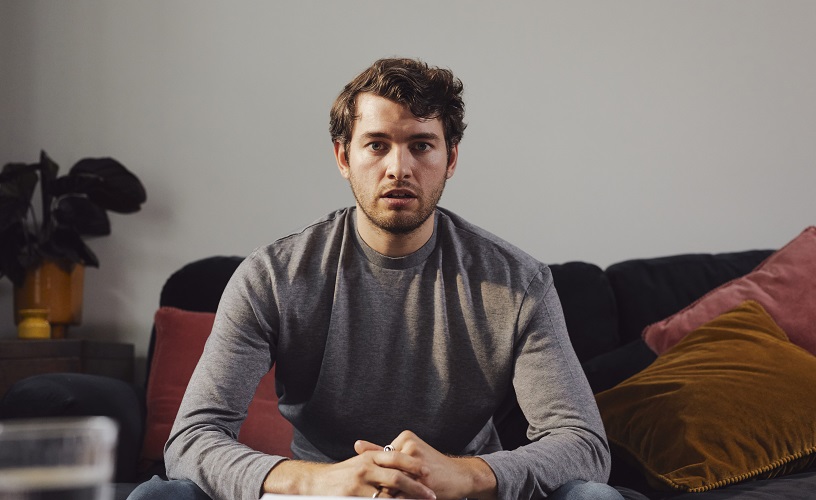As we begin the fall season and grow closer to daylight savings time, many people start to feel down or experience the “seasonal blues.” This pattern of sadness is a form of depression called Seasonal Affective Disorder, also known as SAD. The change in weather, shorter days, and lack of sunlight can leave you feeling low energy and just not yourself. Some other symptoms include insomnia, weight gain, change in appetite, and social isolation.
Fortunately, there are some steps you can take to prevent SAD and keep your life on track this fall/winter season.
- Have a regular exercise routine. Incorporating at least 30 minutes of physical activity into your day can activate your neurotransmitters and increase your mood.
- Expose yourself to as much sunlight as possible. Getting natural sunlight is very important during the colder months. Try sitting outside for a bit during the day or even just opening the blinds in your home to absorb nature’s vitamin D.
- Try light therapy. When it’s a gloomy day or there isn’t any natural sunlight available, light therapy is a great alternative. First thing in the morning, sit in front of a light therapy box for at least 20 minutes each day.
- Connect with friends and loved ones. The cold weather may make you feel like staying inside and isolating, but the best thing you can do is spend time with those who make you feel cared for. Having a positive support network can boost your mood and distract you from any negative feelings you may have.
- Meditate. Meditation can calm your mind and release any anxious thoughts. After meditating, many people feel more at peace and relaxed due to a rise in serotonin levels.
Here if you need us
Remember that SAD is very common and usually goes away after the winter season. However, if you feel overwhelmed by your symptoms or notice a major decline in your mental health, please know that you are not alone. EmblemHealth has mental health information and resources to help you feel better. Learn more at emblemhealth.com/mental-health.
This article was originally published by our affiliates, AdvantageCare Physicians.





